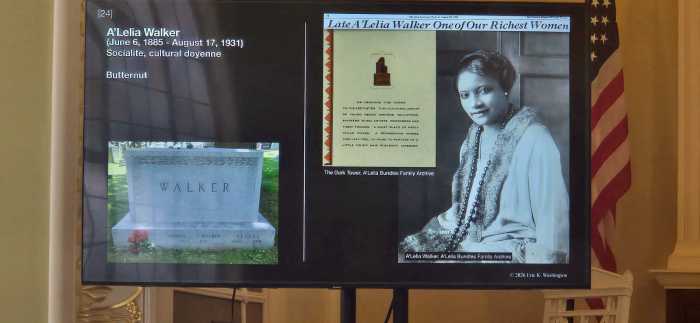A three-judge panel of California’s Third District Court of Appeal partially reversed a ruling by Sacramento County Superior Court Judge Steven M. Gevercer and found that the Legislature violated the First Amendment free speech rights of staff members in long-term care facilities by making it a misdemeanor for such individuals to repeatedly and knowingly misgender a resident of such a facility.
The provision in question is part of California’s LGBT Long-Term Care (LTC) Facility Residents’ Bill of Rights, which was passed in 2017 in response to evidence that LGBTQ people have suffered significant discrimination in such facilities. The plaintiff in this case, an “unincorporated association which includes at least one California citizen and taxpayer,” is called “Taking Offence,” and they “take offence” to the state making such speech a crime. They also objected to a provision that basically gave transgender residents certain rights with respect to where they are housed in a facility, claiming that the provision discriminated against non-transgender residents by giving transgender residents special rights. The court rejected this argument, leaving that provision intact.
Judge Elena Duarte wrote the opinion for the three-judge appellate panel.
The court decided that the misgendering provision is a content-based regulation of speech by the government, which under both the state and federal constitutions would be presumptively unconstitutional unless it met the test of strict scrutiny. Under that two-part test, the government must have a compelling interest for the law, and the law must be narrowly-tailored to achieve that interest without unduly burdening free speech rights.
In this case, the court accepted Taking Offense’s contention that the law failed the strict scrutiny test. The court accepted the government’s argument that there is a compelling interest in protecting the residents of LTC facilities from discrimination because of their gender identity. The court pointed out that under the state’s Unruh Civil Rights Act, it is already a violation of the law to discriminate in public accommodations, such as LTC-facilities, because of gender identity. But that is a regulatory statute, not a criminal statute, and requires individuals with complaints to file charges with a state agency and go through an administrative process, in which the facility may be subjected to a civil remedy. Because the Bill of Rights authorizes criminal penalties (fines and even imprisonment for violations) for offending individuals, it is not merely a duplication of the existing civil rights law but goes a step beyond it by imposing criminal penalties on individual staff members.
The court found that the policy oversteps by using the heavy hand of criminal sanctions and also notes that the measure is much more broadly worded than would be necessary to protect the dignity of transgender residents. Under a literal interpretation of the Bill of Rights provision, a person could be found to commit a crime if they knowingly misgender somebody twice, even if the person in question doesn’t hear them do it, and even if it is a slip-up by the staff member with no intention to cause offense. This, in the court’s opinion, is not “narrow tailoring” of the type required by the strict scrutiny test when protected speech is at issue.
In a concurring opinion, Judge Ronald Robie strongly acknowledged the state’s compelling interest to prevent misgendering of transgender residents. “One’s name or the pronoun that represents that name is the most personal expression of one’s self,” he wrote. “To not call one by the name one prefers or the pronoun one prefers, is simply rude, insulting, and cruel. The impact of using inappropriate pronouns is even more offensive and hurtful when it occurs in an environment where once cannot choose the persons with whom one associates. The Legislature recognized this fact (as recounted in the opinion) but unfortunately chose a prophylactic remedy to eliminate misuse of pronouns that just went too far. Instead of mandating that employers ensure the proper use of pronouns in the workplace, the Legislature unwisely made misuse of pronouns a crime. When we rule this law cannot stand, we do not reject the need for persons to use appropriate pronouns but, in my opinion, are suggesting that the Legislature fashion a workable means of accomplishing the laudable goal of the legislation.”
Back to the drawing board for the Legislature, which could easily fix this problem by placing responsibility on the facility and more tightly defining the offense.


































